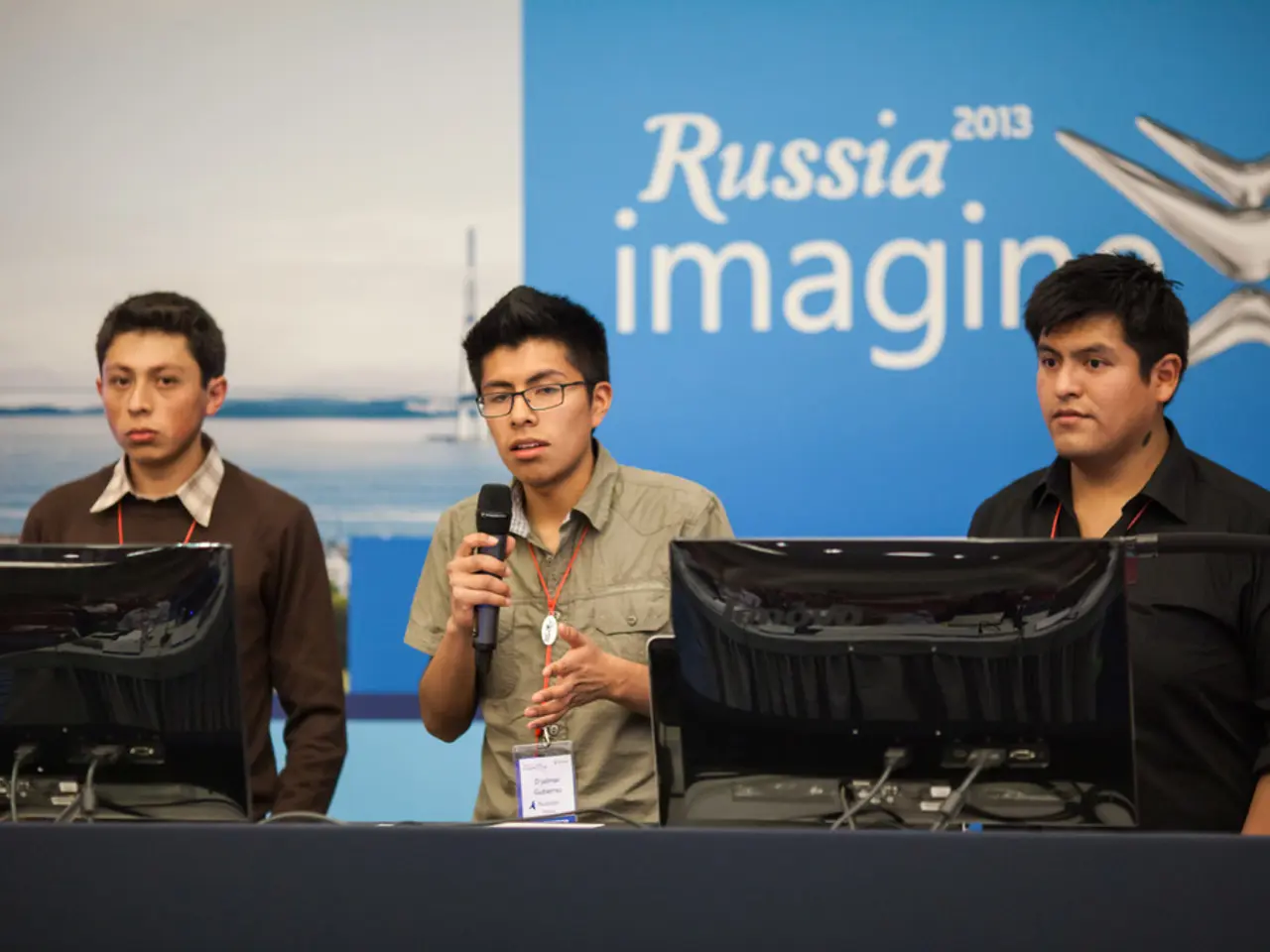U.S.A. eliminates visa requirements for Hungarian travelers
The U.S. State Department has remained silent on the reasons behind the extension of Hungarian visa rules, while the future of the bilateral tax agreement between the U.S. and Hungary hangs in the balance.
In a significant move, Hungary, alongside Italy, Spain, France, and Greece, imposed a veto on a proposal for new visa restrictions on Russians on September 16. However, Cyprus, where around 10% of the population holds Russian passports, did not exercise the veto.
Under the administration of former U.S. President Joe Biden, the duration of Hungarian visas was reduced to one year with a single entry. Now, the U.S. is allowing Hungarians to apply for two-year multiple-entry visas, an extension from the previous one-year, single-entry visas.
The decision to extend the duration and increase the entry limit of Hungarian visas may be related to diplomatic efforts between the U.S. and Hungary. U.S. State Department official Trisha McLaflin stated that Hungarian Prime Minister Viktor Orbán aims to secure border safety and thoroughly vet all entrants, similar to the approach taken by former U.S. President Donald Trump.
However, details on whether the vetting process for Hungarian entrants will be different under the new visa rules remain unclear. McLaflin did not provide further information on this matter.
It is also unclear if the U.S. will reinstate the bilateral tax agreement with Hungary in the future. The agreement was terminated under the Biden administration and has yet to be reinstated.
The veto on the proposal for new visa restrictions on Russians was a move to oppose the implementation of the restrictions. The reasons behind the collective action by the EU countries remain unclear, but it is believed that the move was aimed at maintaining diplomatic relations with Russia.
The U.S. Secretary of Homeland Security, Kristi Noem, announced that the new visa rules will take effect on September 30. The U.S. State Department official, Trisha McLaflin, did not comment on whether the veto on the proposal for new visa restrictions on Russians had any impact on the new visa rules for Hungary.
Washington lifted sanctions against Hungarian Prime Minister Viktor Orbán's chief of staff, Antal Rogan, in April. This move could be seen as a positive step towards improving U.S.-Hungary relations.
The veto on the proposal for new visa restrictions on Russians was not exercised by Cyprus. The reasons behind Cyprus' decision to abstain from the veto remain unclear.
In conclusion, the recent developments in U.S.-Hungary relations and Russian visa policy are complex and multifaceted. The extension of Hungarian visa rules and the veto on the proposal for new visa restrictions on Russians are significant actions that will likely have long-lasting effects on these relationships. As more information becomes available, it is expected that these issues will continue to be a topic of discussion and debate.
Read also:
- United States tariffs pose a threat to India, necessitating the recruitment of adept negotiators or strategists, similar to those who had influenced Trump's decisions.
- Weekly happenings in the German Federal Parliament (Bundestag)
- Southwest region's most popular posts, accompanied by an inquiry:
- Discussion between Putin and Trump in Alaska could potentially overshadow Ukraine's concerns








